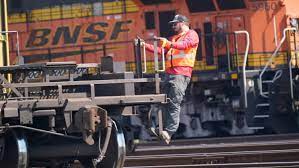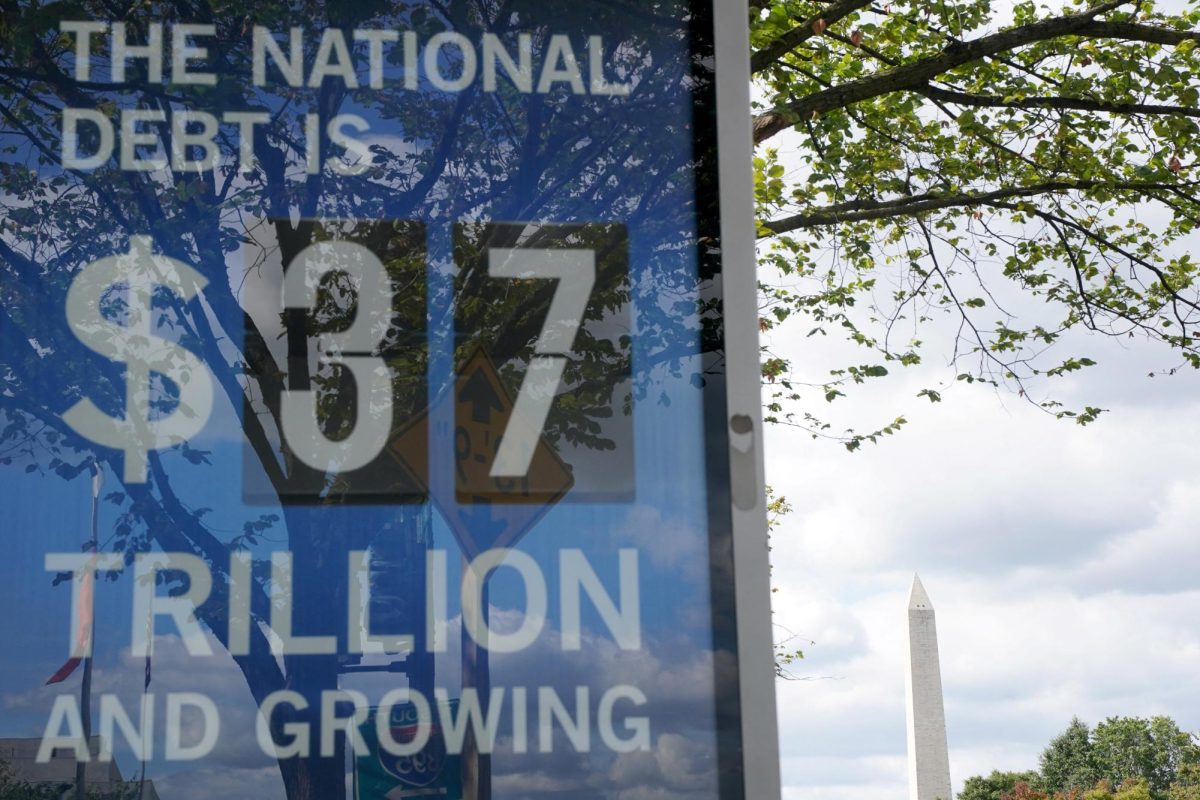The Railroads Strike A Deal

Engineers and conductors all over the nation call for better working conditions and a fair wage. Limited information is out about this specific deal.
Narrowly avoiding an economic crisis caused by widespread railroad strikes, President Joe Biden passed a railroad bill, avoiding the damage that would have ensued.
Because of unmet demands from railroad unions concerning unfair pay and better working conditions, strikes were on the cusp of occuring. After three years of unsuccessful negotiations, tensions reached an all time high during the marathon negotiations that lasted 20 hours at the White House this Thursday.
The negotiation deadline was on Friday at 12:01 AM and had the potential to cause economic devastation for the nation’s supply chain.
The agreement was voted for tentatively. This deal does not address all the demands, but does call for increased wages, bonuses, and no increase to insurance copays or deductables. This deal immediately gives union workers a 14 percent raise, and calls for back-pay from as far as 2020 and raises to 24 percent during the five year life contract running from 2020-2024. Cash bonuses are $1,000 a year. Once the deal is ratified, union members, with back-pay and bonuses, will be getting $11,000.
“We’re very proud of what was accomplished,” said president of the conductors union, thanking Biden and Labor Department officials. “Every0ne pulled together to make sure that we could get our members what they deserved.”
This deal represents more than 50,000 engineers and conductors. The White House calls this deal “an important win for our economy and the American people.”

Whenever there is a big new story, whether on campus or off, you’ll find Neve Walker at the heart of it. Neve is a senior at Cathedral, and in her second...




















































